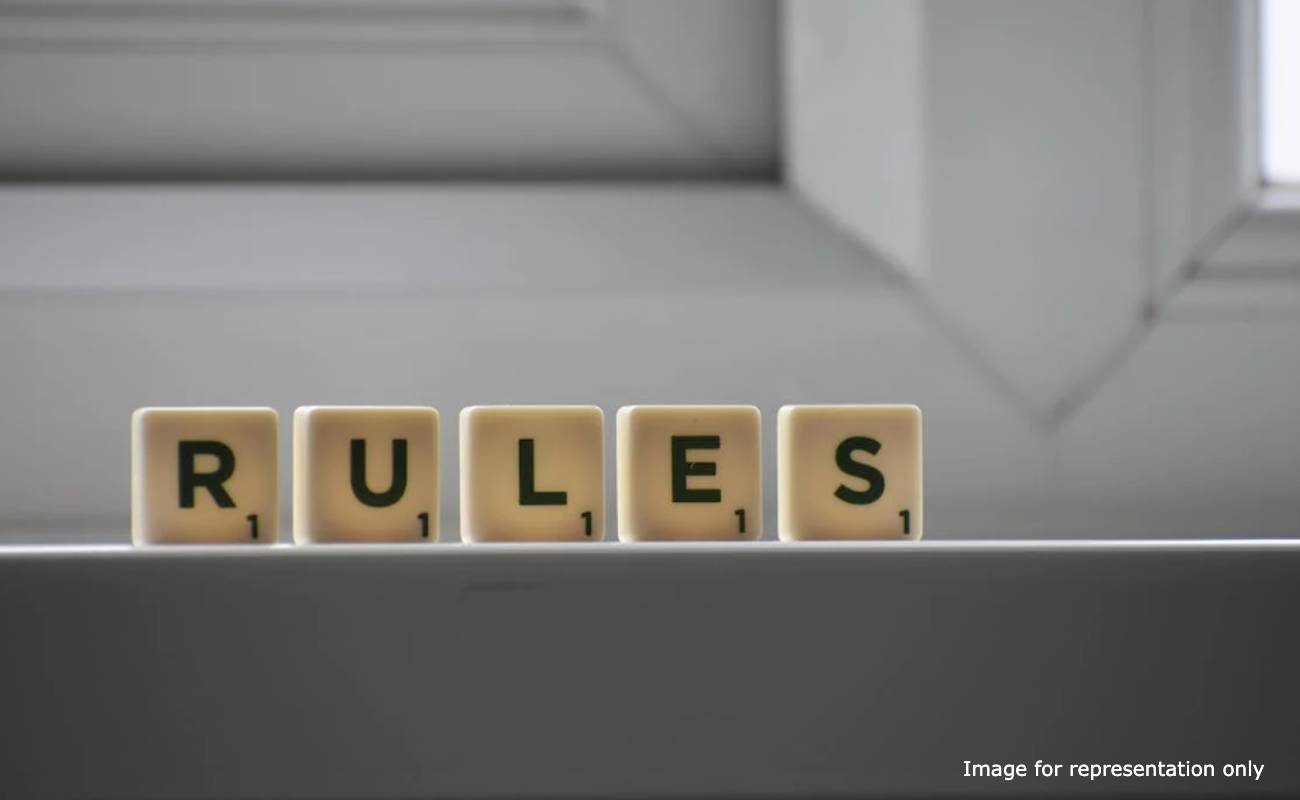Synopsis of EU cosmetics regulation; what you need to understand and take care
The European Union (EU) has strict regulations for cosmetics products to ensure the safety and quality of products for consumers. The EU cosmetics regulation, known as the Cosmetics Regulation (EC) No. 1223/2009, came into effect in July 2013. This regulation applies to all cosmetics products sold within the EU, regardless of where they are manufactured.
Under the Cosmetics Regulation, all cosmetics products must be safe for human use and must not cause damage to human health when used under normal or reasonably foreseeable conditions. To ensure this, manufacturers and importers of cosmetics products must conduct a safety assessment for each product before it is placed on the market. This assessment must be carried out by a qualified person who is responsible for the product's safety.
In addition to safety requirements, the Cosmetics Regulation also sets standards for the labeling and packaging of cosmetics products. Products must be labeled with their ingredients and the name and address of the manufacturer or importer. Ingredients must be listed in descending order of concentration, and certain hazardous ingredients are prohibited from use in cosmetics products.
The EU also maintains a list of authorized cosmetic ingredients, known as the "positive list," which is regularly updated. Any ingredients not on this list cannot be used in cosmetics products unless they have been specifically authorized by the European Commission.
The EU also has a system of notification and registration for cosmetics products. Manufacturers and importers of cosmetics products are required to notify the EU of their products before placing them on the market. This notification must include information such as the product's ingredients, labeling, and safety assessment.
The EU also has a strict rules on the testing of cosmetics on animals, hence it is prohibited to test finished cosmetic products on animals since 2004 and since 2013 it is also prohibited to test ingredients on animals.
In summary, the EU has strict regulations in place to ensure the safety and quality of cosmetics products for consumers. Manufacturers and importers of cosmetics products must comply with these regulations and carry out safety assessments, label products correctly and notify the EU of their products before they can be placed on the market.

